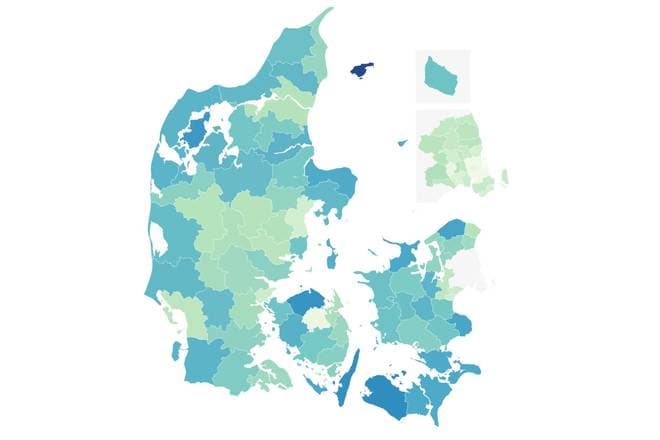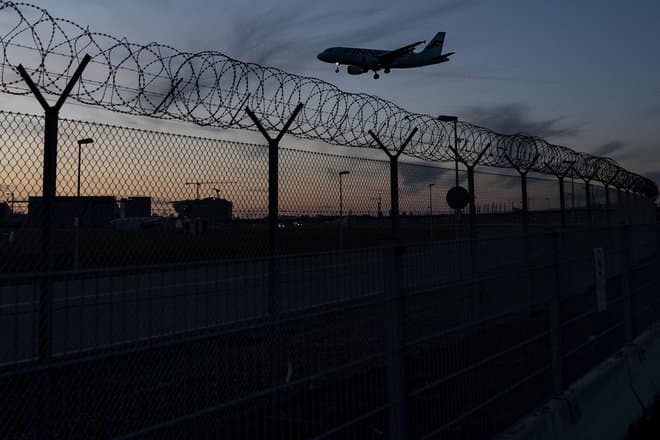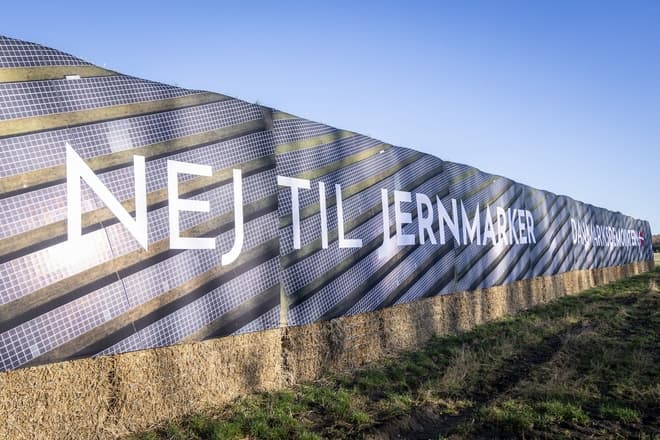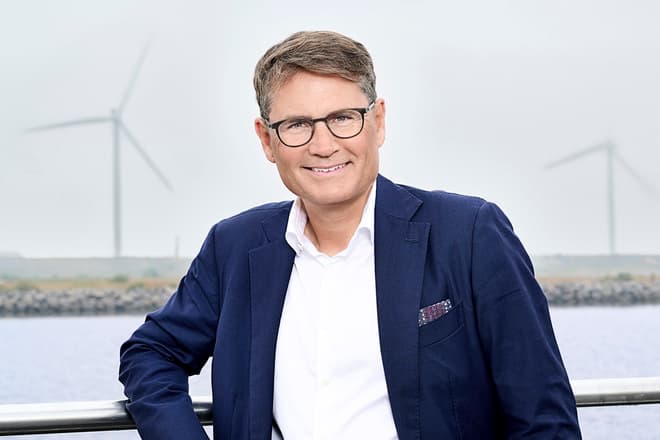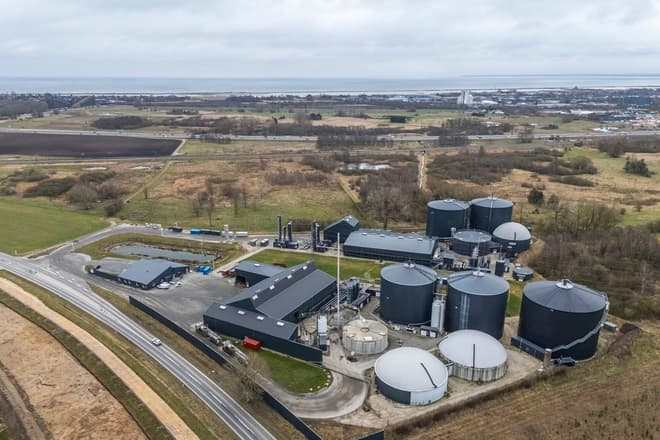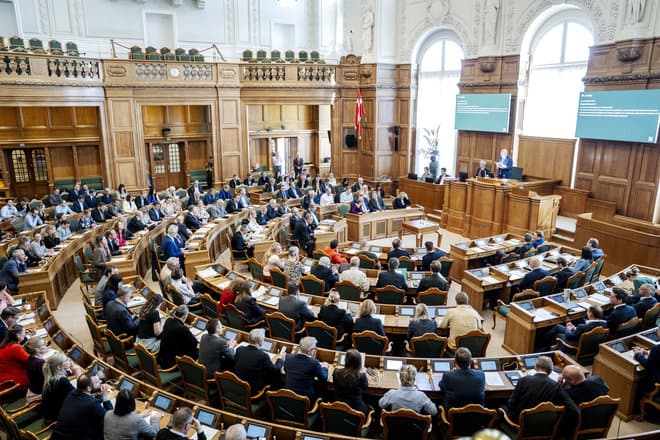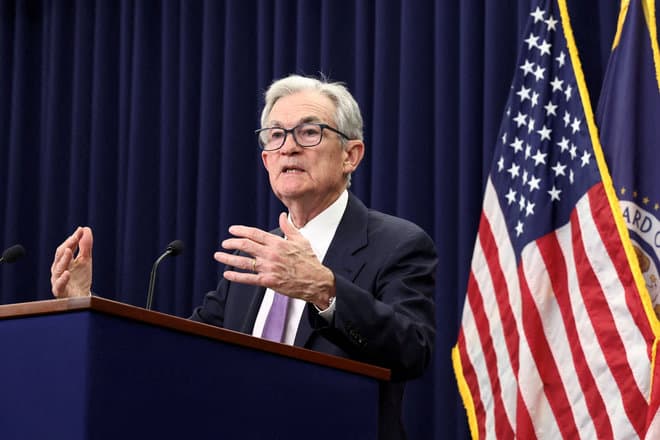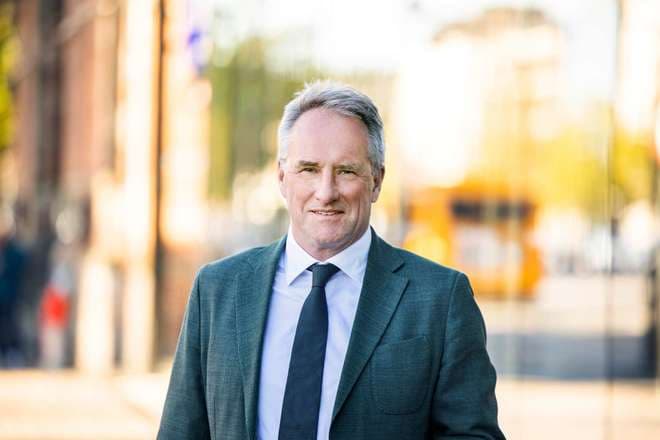
Denmark may risk emitting more CO2 than Christiansborg expects when the climate target is to be met in 2030. This is because there are fundamental uncertainties about the effects of several of the climate agreements that the Folketing has adopted in recent years.
Therefore, the path to achieving the 2030 target of a 70 percent reduction in greenhouse gas emissions is still not clear. This is the assessment of the Climate Council for the fourth year in a row in its annual status report on Danish climate policy.
- It is an important point that there is a lot of climate policy that has inherent risks, says Peter Møllgaard, chairman of the Climate Council.
- You probably have to live with a degree of uncertainty, but there are areas where it is still difficult to be sufficiently certain that the ambition is being delivered.
Four areas with significant uncertainties
However, the Climate Council points to four areas in particular where there is significant uncertainty about the reductions. This highlights agriculture, the calculation of greenhouse gas emissions from low-lying soils, the timetable for large investments in CO2 capture, and uncertainty about the results of the already agreed CO2 tax for industry.
The uncertainties include millions of tons of CO2 reductions, which may not occur or be delayed so much that it prevents the achievement of the 2030 target.
For example, the Climate Council points out significant uncertainty in the expectations of the effect of the CO2 tax on industry. A large part of the tax's total reductions will come from three sources: the Aalborg Portland cement factory and two oil refineries.
The calculations behind the agreement assume that all companies will react the same to the tax - regardless of whether it is a nursery or a cement factory.
However, the Climate Council believes that this is unlikely, because the production methods in a nursery and a cement factory are significantly different. For example, it is more difficult for a cement factory to replace gas supply with electricity than it is for a nursery.
- This may have an impact on how a CO2 tax reduces CO2 emissions from the two companies. When the effects of the industry's CO2 tax are to be calculated, it is therefore important to pay particular attention to the effect on the three major emitters, says Peter Møllgaard.
The government should consider a plan B
The Climate Council therefore recommends that the government either insure itself and the path to the 2030 target by making climate agreements that overfulfill the reduction need, or clearly lay out a "plan B" for what can be done if climate agreements fail.
Minister for Climate Lars Aagaard (M) welcomes the Climate Council's comments and notes that they do not surprise him.
- The Climate Council points out that the path to the 2030 target has not yet been completed, and that is not a big surprise, because it is especially the emissions from agriculture that need to be clarified, and that is the process we are currently in, says Lars Aagaard.
He also acknowledges that the Danish Parliament's climate agreements are fraught with uncertainty. This is a premise that must be followed closely in the ongoing review of the agreements.
- It is also not surprising that the Climate Council points out that there may be other types of uncertainty. That is why we get a projection of how far we are every year, and plans have been made for revisiting the agreements, he says.
/ritzau/
Text, graphics, images, sound, and other content on this website are protected under copyright law. DK Medier reserves all rights to the content, including the right to exploit the content for the purpose of text and data mining, cf. Section 11b of the Copyright Act and Article 4 of the DSM Directive.
Customers with IP agreements/major customer agreements may only share Danish Offshore Industry articles internally for the purpose of handling specific cases. Sharing in connection with specific cases refers to journaling, archiving, or similar uses.
Customers with a personal subscription/login may not share Danish Offshore Industry articles with individuals who do not themselves have a personal subscription to Danish Offshore Industry.
Any deviation from the above requires written consent from DK Medier.


